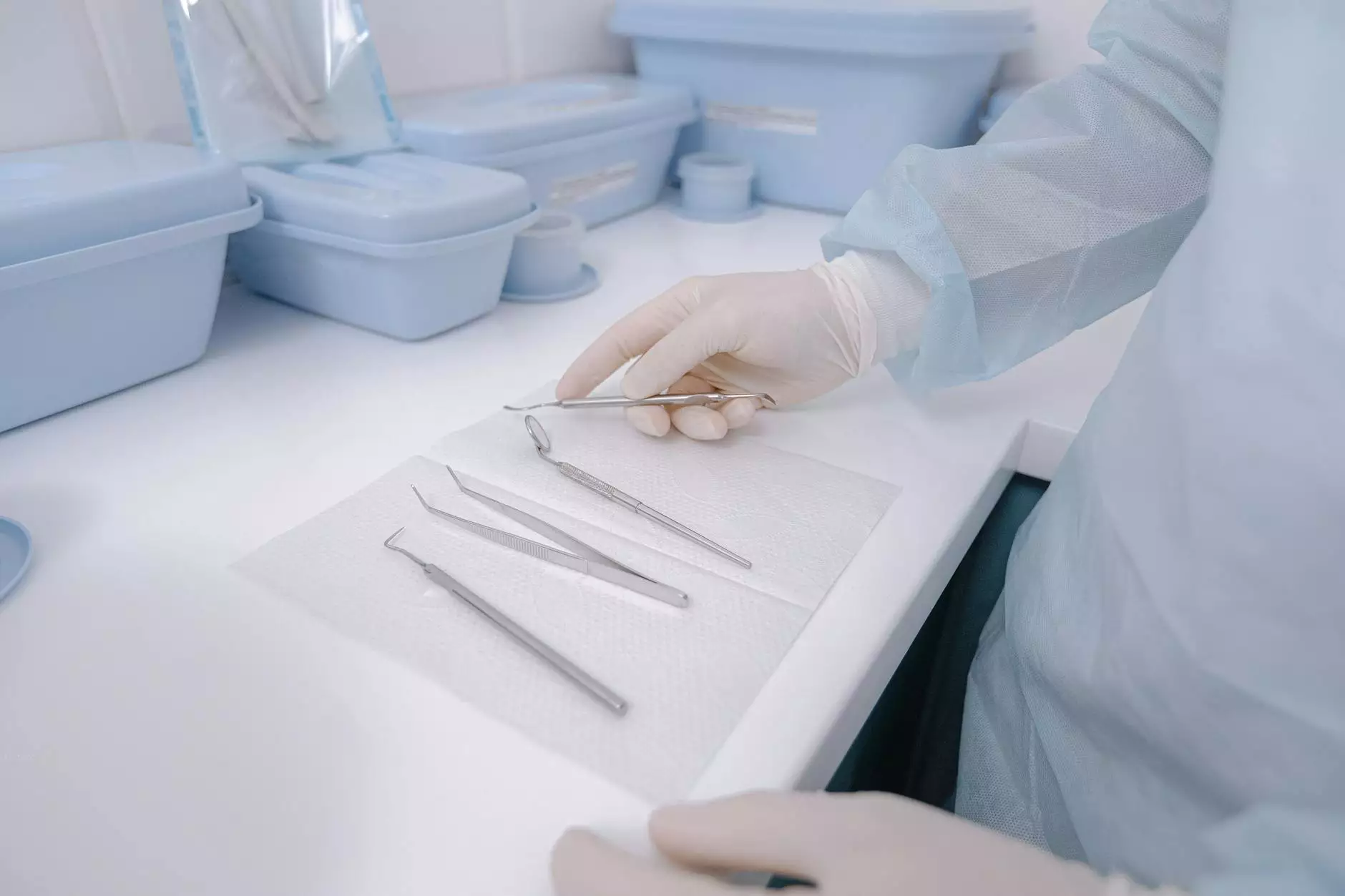Discovering the Benefits of Choosing a Biological Dentist

In today’s rapidly evolving world, the way we care for our bodies is becoming increasingly important, and this extends to our oral health. With a surge in awareness about the chemicals we consume and environmental sustainability, many individuals are now seeking alternative dental practices that prioritize overall well-being. One such practice is biological dentistry, which offers a refreshing perspective on traditional dental care.
What is a Biological Dentist?
A biological dentist is a dental professional who considers the entire well-being of patients while treating their dental health. Unlike traditional dentistry, which often focuses solely on the teeth and gums, biological dentistry takes into account the potential impacts of dental procedures on the entire body. This holistic approach aims to promote optimal health by using biocompatible materials and emphasizing prevention through natural methods.
Holistic Philosophy in Dental Care
The foundation of biological dentistry lies in its holistic philosophy. Biological dentists believe that oral health is intricately linked to overall health, and dental issues can significantly affect other bodily systems. For example, untreated gum disease may exacerbate conditions such as heart disease or diabetes. This interconnected approach encourages patients to see dental care as an integral part of their overall health journey.
Key Differences Between Biological Dentistry and Traditional Dentistry
Understanding the distinctions between biological dentistry and traditional dentistry is essential for patients looking to make informed decisions about their dental care. Here are several critical differences:
- Material Selection: Traditional dentists may use metal fillings and other materials with potential toxic properties. In contrast, biological dentists prefer biocompatible materials, such as composite resins and porcelain, that do not release harmful substances into the body.
- Fluoride Use: Many traditional practices advocate the use of fluoride as a preventive measure against cavities. Biological dentists, however, may avoid fluoride due to concerns over its toxicity and the use of natural alternatives instead.
- Focus on Prevention: While traditional dentistry often reacts to dental issues, biological dentistry emphasizes prevention through education and natural methods. This proactive approach can lead to better long-term results.
- Interdisciplinary Care: Biological dentists often collaborate with professionals from other health fields, such as nutritionists and chiropractors, to provide a more cohesive and comprehensive treatment plan.
Benefits of Choosing a Biological Dentist
Choosing a biological dentist for your dental care comes with several notable benefits. Here are some key advantages:
1. Enhanced Safety and Well-being
One of the primary benefits of biological dentistry is the focus on safety. By utilizing non-toxic materials and techniques, biological dentists prioritize their patients' health. This approach reduces the risk of allergic reactions and long-term health issues associated with conventional dental practices.
2. Comprehensive Treatment Options
Biological dentists often provide a range of treatment options that consider the biological and chemical implications on the body. This can include therapies such as ozone therapy, laser treatments, and dietary counseling, allowing for more tailored and holistic care.
3. Prevention-Oriented Care
With a strong emphasis on prevention, biological dentists educate patients on the importance of maintaining oral health. They often provide guidance on nutrition, hygiene practices, and lifestyle changes that can improve both dental and overall health. This proactive mindset can help patients avoid invasive procedures in the future.
4. Natural Remineralization Techniques
Instead of solely relying on fillings and crowns, biological dentists often focus on natural remineralization techniques to help strengthen teeth and support the body's natural healing processes. This can include the use of specialized treatments that promote mineral uptake in the enamel, reversing early signs of decay.
5. Personalized Care Plans
Biological dentists take the time to understand each patient’s unique situation, including their health history, lifestyle choices, and personal preferences. This personalized approach fosters a deeper dentist-patient relationship and results in tailored treatment plans that align with individual health goals.
Common Services Offered by Biological Dentists
Biological dentists offer a wide variety of services that range from preventive care to advanced procedures, all performed with a focus on biocompatibility and overall health. Some of the common services include:
- Preventive Care: Regular cleanings, examinations, and fluoride alternatives that focus on maintaining oral health and preventing disease.
- Cavity Treatment: Use of biocompatible materials for fillings and minimally invasive techniques.
- Teeth Whitening: Natural whitening methods that minimize sensitivity and environmental impact.
- Orthodontics: Non-invasive options for aligning teeth, including clear aligners and appliances that do not interfere with bodily health.
- Periodontal Therapy: Holistic approaches to managing gum disease underpinned by preventive measures and natural treatments.
- Restorative Dentistry: Including the use of crowns, bridges, and dentures designed with biocompatible materials.
Finding a Qualified Biological Dentist
When searching for a qualified biological dentist, it's essential to look for practitioners who align with your health philosophy. Here are some tips to guide you:
- Research Credentials: Ensure that your dentist has the appropriate qualifications and is trained in biological dentistry practices.
- Ask About Materials: Inquire about the materials used in the dental treatments and their safety profile.
- Read Reviews: Check patient testimonials to evaluate the experiences of others who have received care from the dentist.
- Schedule a Consultation: A face-to-face meeting can provide insight into the dentist's approach, philosophy, and whether you feel comfortable with them.
Conclusion
Choosing a biological dentist is not just about addressing dental issues; it's about embracing a holistic approach to health that recognizes the interconnectedness of the body and the mouth. With a commitment to safety, preventive care, and personalized treatment, biological dentistry represents a growing trend that resonates with health-conscious individuals. If you’re considering a shift in your dental care philosophy, exploring the options available through biological dentistry could lead to a healthier, more vibrant life.
For more information about biological dentistry and to find a qualified practitioner, visit umedadds.com. Prioritizing your health has never been more crucial, and your smile deserves the best.









